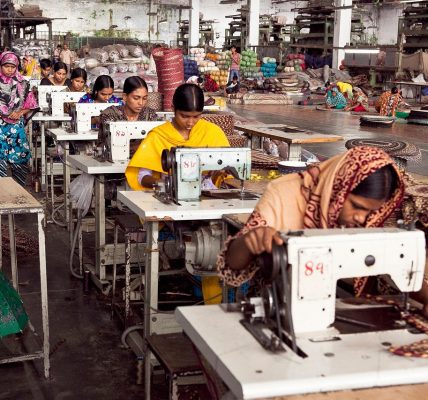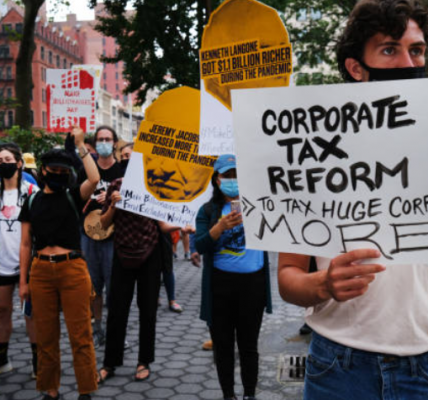The Paris Games have been dubbed the most “romantic games yet,” thanks to a series of proposals and captivating moments on and off the podium, from Italian athletes flaunting their abs to shirtless athletes dancing in celebration of their medals in the heart of Paris. Despite the overall positive buzz surrounding the Paris Games, one story drew significant attention due to the controversy surrounding the financial strain faced by athletes in their journey to the Olympics. This controversy centers on the fact that a number of Olympic athletes have turned to OnlyFans to fund their participation in the Summer Games.
How much does it truly cost for athletes to pursue their dreams of winning gold? For many, the struggle to make ends meet forces them to seek alternative sources of income beyond national funding programs, sponsorships and endorsements, which can be unreliable and heavily dependent on an athlete’s success.
Team GB’s diver Jack Laugher is among the many athletes who have used the OnlyFans platform to secure their spot at the Paris 2024 Games. Jack posts “SFW (safe for work) content in Speedos, briefs, boxers”, often wearing more clothing than he does when competing (ABC News). Jack secured yet another Olympic medal this summer following his success at the Tokyo Games, but he has yet to receive the funding that was supposedly intended to support him in achieving this success (ABC News). Canadian pole vaulter Alysha Newman, along with divers Timo Barthel and Diego Balleza Isaias, also use OnlyFans to achieve financial stability.

Alysha Newman earned a bronze medal this summer. She has used the money from OnlyFans to purchase property and build her savings.
Athletes turning to adult sites for income underscores the dire state of Olympic financing. Rob Koehler, director of Global Athlete, an organization founded by athletes to address the power imbalance in sports states, “The entire funding model for Olympic sport is broken. The IOC now generates over US$1.7 billion ($2.6 billion) per year, yet they refuse to pay athletes who attend the Olympics” (ABC News).
Newman comments, “I never liked how amateur athletes can never make a lot of money.” She adds, “This is where my entrepreneurial skills came in.”
OnlyFans and other online platforms are helping athletes cover their living costs and providing them with a means to support themselves outside of their sport, enabling them to succeed at major championships. The financial incentives for participating in these platforms can be significant and life changing. This was illustrated this summer by French pole vaulter Anthony Ammirati, who gained unexpected fame when his genitals snagged on the bar during a qualifying event. According to reports, he was offered a six-figure sum from an adult site after he failed to qualify for the final.
The controversy surrounding these side jobs arises because many view them as a form of sex work. However, the athletes see it as leveraging a commodity that others are willing to pay for—a highly appealing commodity that involves them dedicating six hours a day, six days a week, to their sport. For many athletes, it is both a pleasure and a privilege to share their dedication with fans. Yet, the reality remains that to achieve gold and maintain financial stability, some athletes have had to turn to these platforms, raising questions about the International Olympic Committee’s lack of adequate funding for athletes.
The media spotlight on this issue over the summer highlights a broader shift in athletes becoming entrepreneurs, transforming their hobbies and interests into financial opportunities.
One athlete who has succeeded not only in her sport but in other ventures is Jazmin Sawyers British long jumper, Olympian, and Indoor European Champion. Throughout her career, she has leveraged her talents and interests, including singing, design, and more recently commentary at the Paris Games to support her pursuit of gold.
While the Games this summer once again showcased the extraordinary physiques of Olympic athletes and the mental strength required to overcome challenges and be the best in the world, they also underscored the need for athletes to leverage their influence in various industries to secure financial stability and independence.
In the years leading up to the LA Games in 2028, the number of athletes utilising similar platforms is likely to increase, following the success of athletes like Jack and Alysha.
Photo Credits Olympics.com





